Michael is the President and Managing Director of the Asia Pacific Region for the Motion Picture Association (MPA) and has been with the organization for 17 years. As a specialist in facilitating industry government cooperation worldwide, Mike has successfully forged strategic partnerships and alliances that promote and protect the commercial and creative interests of Asia’s screen communities in the digital age.
The rise of streaming video content hubs like Netflix appears, to a certain extent, to have recaptured some users that may have resorted to piracy. What do you say to this?
Netflix certainly generates a huge amount of international buzz, but there are also many other online platforms for legal viewing – not only for movies but TV shows. Of course Netflix has done a great job launching all over the world – in Asia across every major market bar China, but in every market, there are different ways of viewing content online offering various formats and price points during varying time frames. Netflix has attracted the headlines, but there is a depth to the new video offerings around the world. Unfortunately, even in markets where most content is available in a timely manner at a reasonable price, piracy continues. This suggests that we need a multi-pronged approach to piracy that involves the provision of legal alternatives, education and legislation/enforcement measures.
What are the key challenges you face today versus 10 years ago when you started at MPA?
I started in this sector, 17 years ago. Certainly the internet has given rise to a lot of challenges and incredible opportunities for studios looking for new ways of delivering their products. In the old days, when I first took this job, the studio had a very healthy home entertainment business in video and DVD and Blu Ray and then we saw a dramatic decline in that market. While revenue from new digital formats is increasing, it has in no way compensated for the drop off in revenue for traditional home entertainment formats.
So, one of the challenges faced today is how a studio can legitimately release their product in a reasonable time frame and find appropriate price points for that product that works for the business and for the consumer.
Another major challenge is that from the early days of the internet, there was a lot of online piracy, particularly in the music industry, which struggled to cope with impact of piracy to its business. The internet gave rise to the concepts of “digital piracy” and “free content” and we have been confronting this challenge ever since piracy has become habitual.
So, the paradox is how we turn around a generation who feel that they are entitled to free content and subsequently prompt them to legitimate services that are easily available at a fair price point in appealing formats?
What we have done in a big way in Asia is rolling out significant educational campaigns that raise awareness of the value of quality creative content online. Someone won’t walk into a supermarket and pick up a pair of jeans and a couple of shirts and walk out without paying and think it’s okay, so we have to come up with effective educational campaigns and remind people about the value of creativity and that it’s certainly no easy task to produce creative content.
The other part of the equation is that often the law has not kept up with the digital transition, so we are working hard around the world to make sure the laws are appropriate for the online ecosystem.
Your work at MPA seems to address a combination of the educational, government and social changes both at macro-economic and individual levels. What is the formula that drives the success at MPA?
As you have rightly suggested, the formula requires collaboration with all stakeholders to reach our shared objectives. We look for common ground with all stakeholders, including consumers, local film industries, exhibitors and online platform distribution models. So when we work around this particular region, we always look to find a local partner to work with and seek to understand the local agenda. In Singapore, for example, the local film industry is now making some terrific films that are being recognized around the world so we are aligning with them on educating people about online piracy. We also look at ways where our industry can help stimulate digital economies. It’s well recognized that film and television provide valuable entertainment and education for everybody, so we are an important part of the digital future for economies. Our modus operandi is to promote the value of creative content and try to protect that content at the same time. This way, we stimulate economic growth for local industries, help to provide more content for audiences, and work towards thriving screen industries in every market.
Could you share with us your own story of what attracted you to take on the challenges at MPA?
The MPA has been around since 1922. It is an incredible organization to have the privilege of joining. I was fortunate that I was a lawyer working with a law firm where the client approached me to come join the organization, and the challenges they faced played into my skill set. I was working in law enforcement as a prosecutor and lawyer, and I was involved in government, so all of my skills could be applied to the position available then at the MPA.
I am focused on making sure that the film industry has the ability to keep producing and distributing films for audiences to enjoy.
Then, on the human dimension, I get to work with some incredibly talented people at the policy level, at the legal level, on the media outreach level, and at the strategic level. I’m part of that regional team and I’m also part of the global team, and we all worked together terrifically well. I just get to work with incredibly smart, talented people who are in many respects are my peers, but also in their own area are some of the world’s best at what they do.
From an intellectual point of view, it’s very rewarding to have that sort of environment to work in. From the job satisfaction point of view, I get to work in my own environment with very smart people who are good people to hang out with as well. Very lucky!





